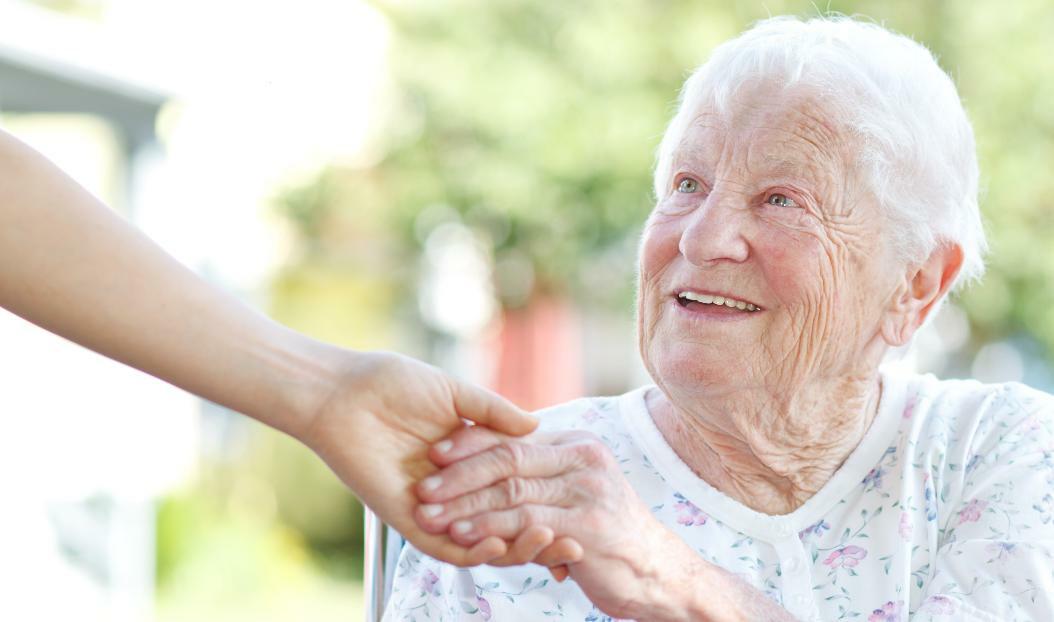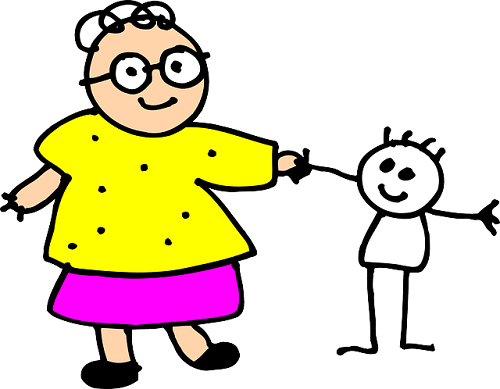
Mom is reaching an age that we had to move her into our house in order to provide care for her. This incredibly independent and powerful woman now suddenly seems so helpless. Assisting her in and out of the bathtub and helping her get dressed have become everyday routines. I love mom but this is wearing on me too.
Does this situation sound familiar? If so, you are like millions of other Americans who are full-time caregivers for an elderly parent or loved one. But you need a life too! You want to be able to enjoy a long vacation with the kids, or have a weekend getaway with your spouse, or perhaps you simply just need a break from caregiving altogether. By this time you might be asking yourself, “…but if I’m not here, who is going to take care of mom
Respite care solves these exact dilemmas by providing short-term accommodation for elderly patients. Respite care can be provided in both skilled and non-medical capacities. On its most basic level, respite care assists seniors with activities of daily living such as bathing, grooming, feeding, and other everyday tasks. On the other end of the spectrum, respite care assists patients with memory loss and degenerative diseases, as well as provides rehabilitation for patients requiring physical, occupational, and speech therapies.
The word respite means “break” or “interval”. This term has a double meaning depending on who it’s referring to. For the patient, respite care provides an interval of temporary care. For the caregiver, they are receiving a much needed break from their everyday duties. It’s not uncommon for caregivers to become overly stressed and experience caregiver burnout, especially when caring for a family member. A break allow the caregiver to hit the refresh button and return to their duties with enthusiasm and renewed energy.
The patient’s physical and mental health combined with the length of time the primary caregiver time duration of time off makes for different unique situations, and thus respite care can be provided in various different settings. Below we have outlined the three main types of respite care available to you: In-home, adult day care, and senior housing
Home Health or In-Home Respite
In this model a trained professional will come to the home of the patient. There are both medical and non-medical home care agencies to choose from, depending on the needs of the patient. One benefit of in-home respite care is that your loved one does not experience the potential stress of being transported to a new environment. There is also the benefit of being able to show the temporary caregiver your routine around the house, how you administer medication and food, as well as make sure that the safety of the patient is attended to. This is an excellent option for someone who may have to return to work or simply needs a few hours off to go exercise or run errands. In-home respite care is also a great option if you need care for a longer duration of time, even up to several weeks, as long as you feel comfortable with the temporary caregiver being in your home for that long.
Adult Day Care
Adult day care centers are perfect for seniors requiring day care rather than 24 hour care. These centers are usually ran by an administrator and have at least one or more Registered Nurse (RN) or Licensed Practical Nurse (LPN) on staff, and partner with 3rd party healthcare providers such as home health agencies, skilled nursing facilities, hospitals, assisted living facilities, dentists, etc. in order to provide comprehensive care to their patients. Many centers also provide memory care services for those suffering from Alzheimer’s disease or another form of dementia.
Think of adult day care as day camp for seniors. You drop your loved one off in the morning and pick them up in the afternoon. There are usually bustling social and recreational activities such as bingo, arts and crafts, gardening, field trips, exercise, and games.
Respite Care at a Senior Housing Facility
These facilities are geared towards extended overnight stay. The length of stay can range from a week to several months. Often times, senior housing communities have specialized memory care units for those suffering from Alzheimer’s disease or dementia. As with adult day care, and contrary to home health, senior housing communities provide the added benefit of your loved one being in a socially stimulating environment with other individuals of similar age and condition. In fact, most assisted living facilities and nursing homes have a shared dining hall and daily social events and exercise classes. Although temporarily relocating your loved one out of their home can be stressful both to you and your loved one, remember these communities are ran by trained professionals who are experienced at providing the care and stimulation your family member needs.
In-home care, adult day care centers, and senior housing communities are the three main respite care providers available for senior adults. It’s important to remember that not all services are offered by each type of provider. As always, it pays to do a little research beforehand to make sure you feel comfortable with the provider of your choice. If you have any questions about senior care or want to find care near you, feel free to call our help line at 1-800-955-8510, where a senior care advisor can find a location that fits your needs.


Comments